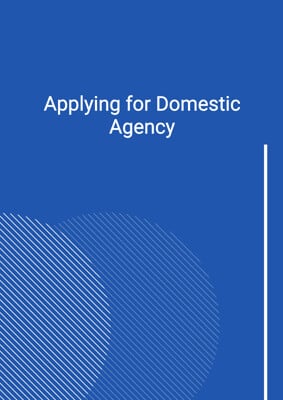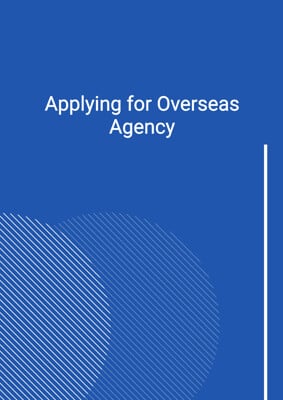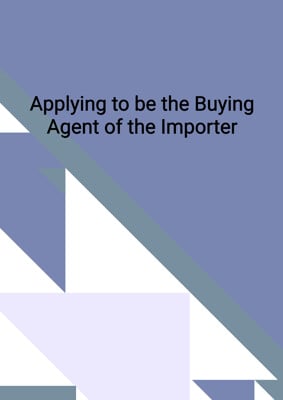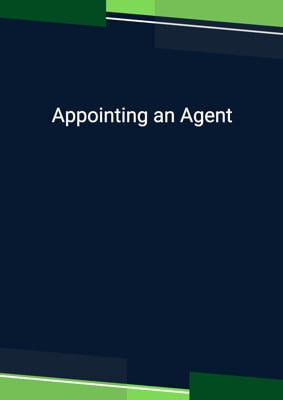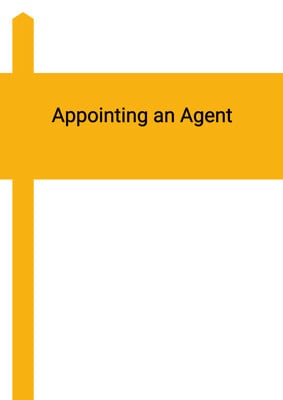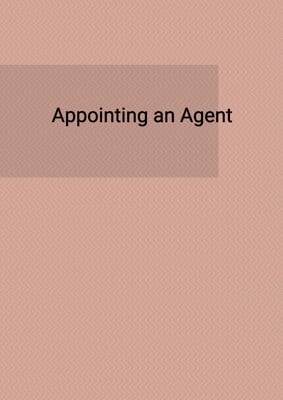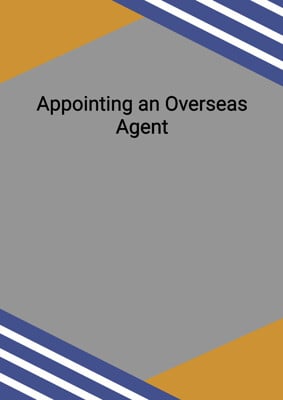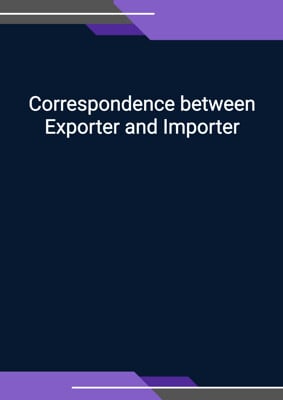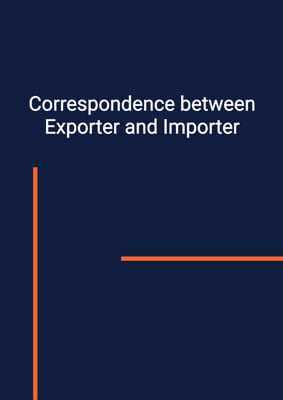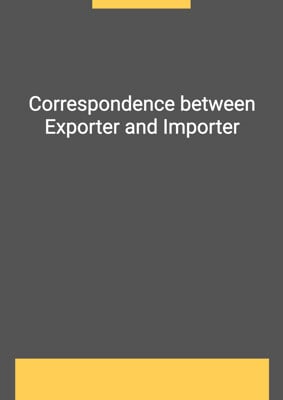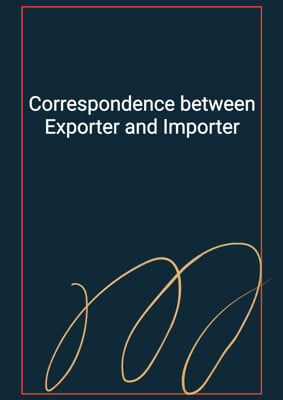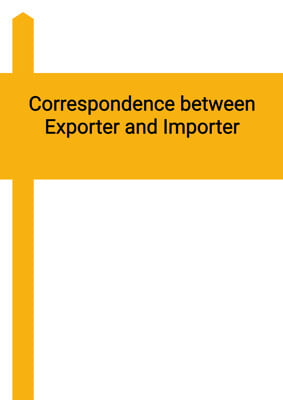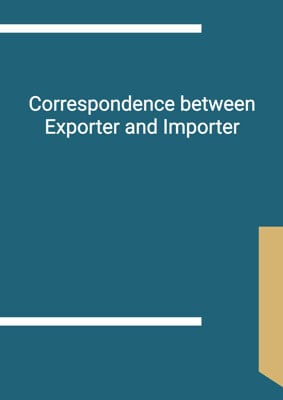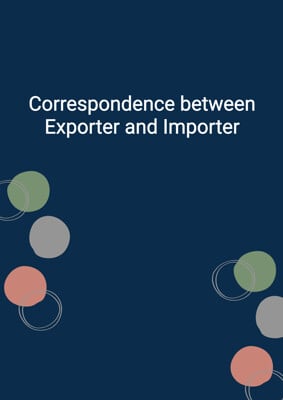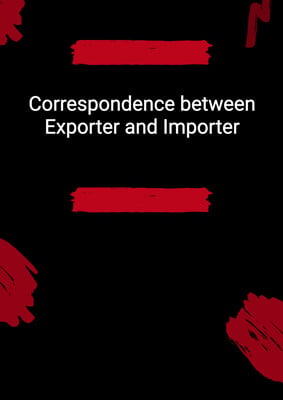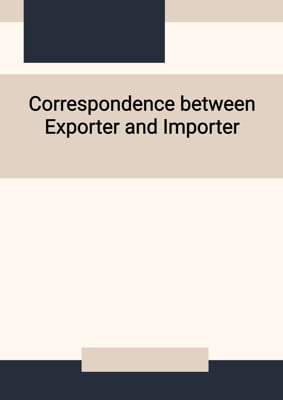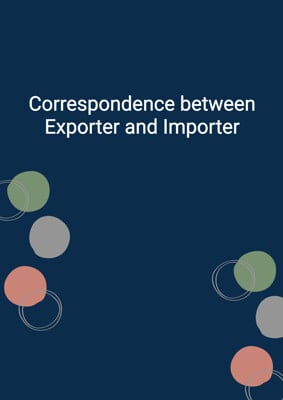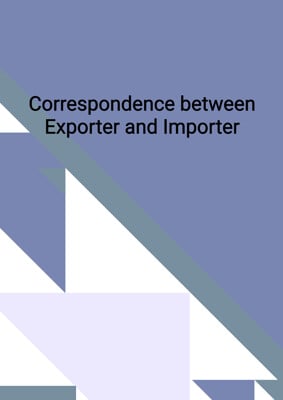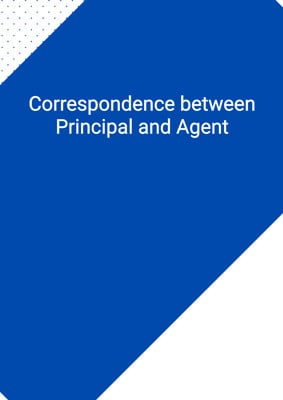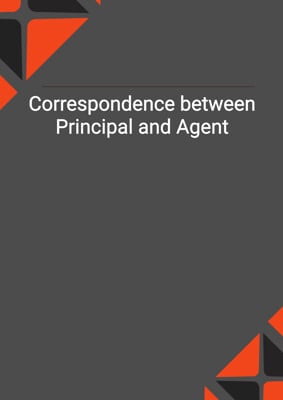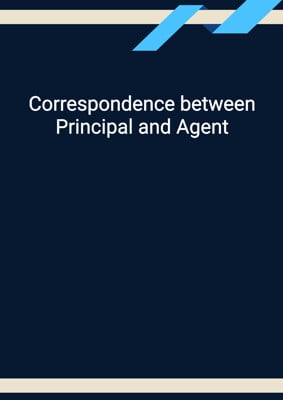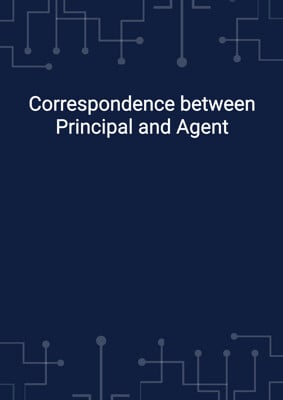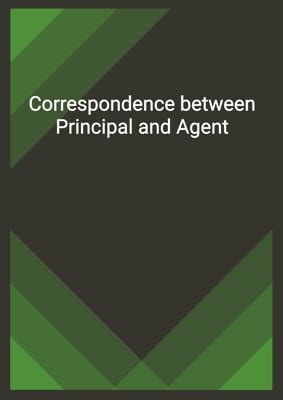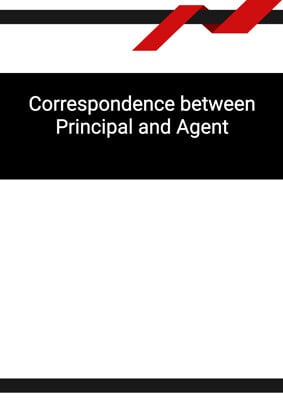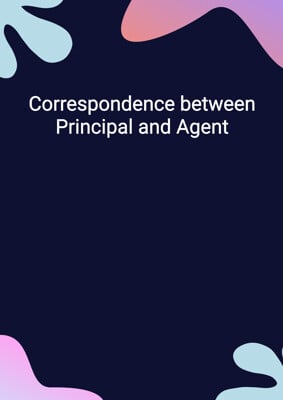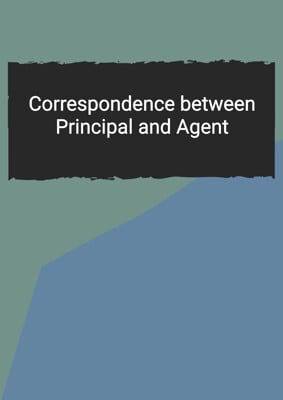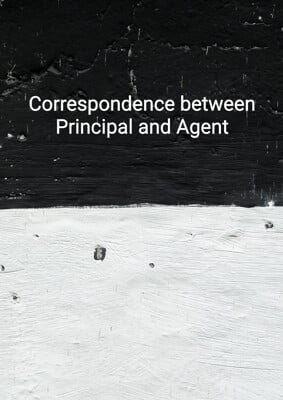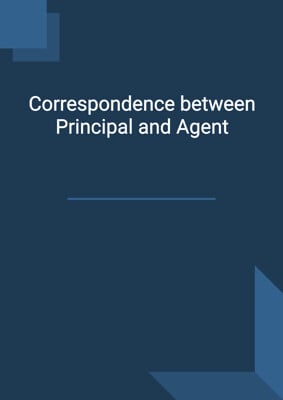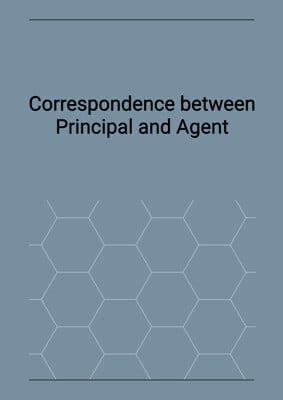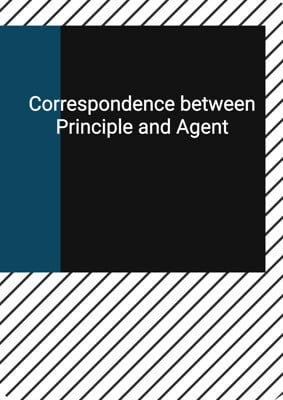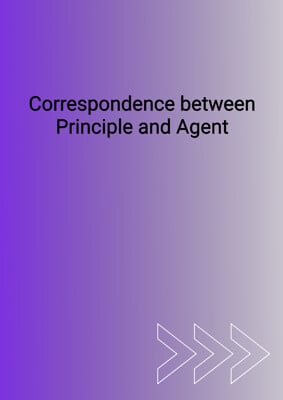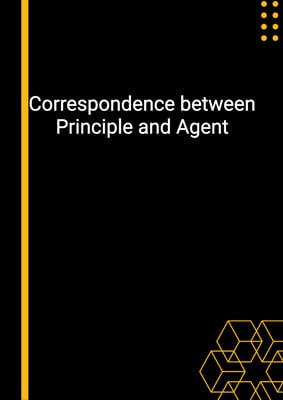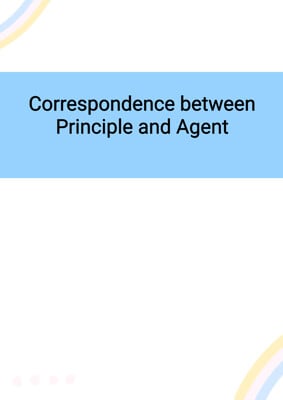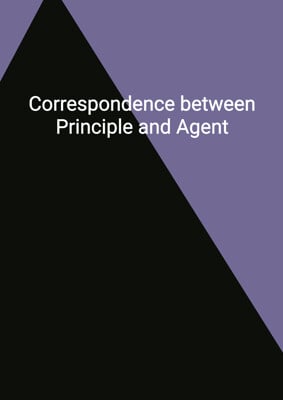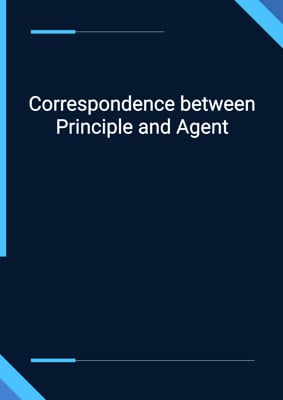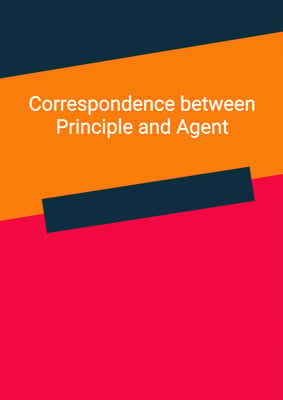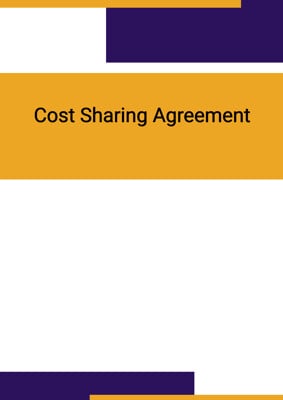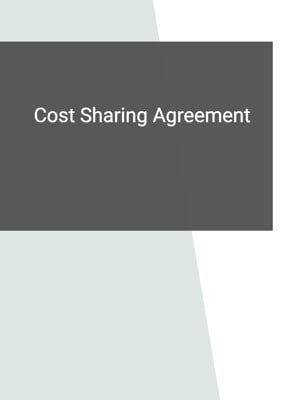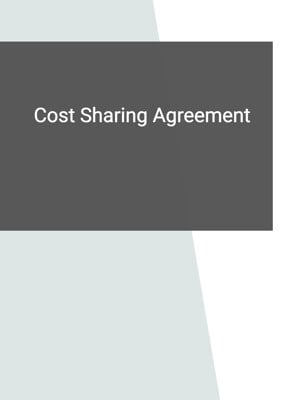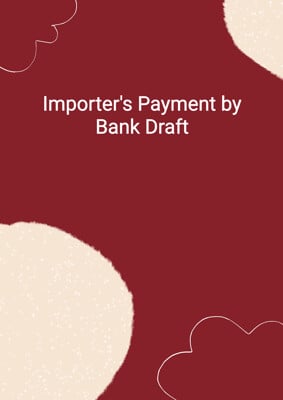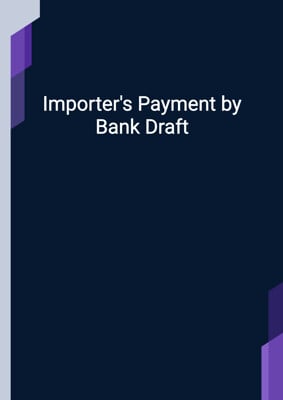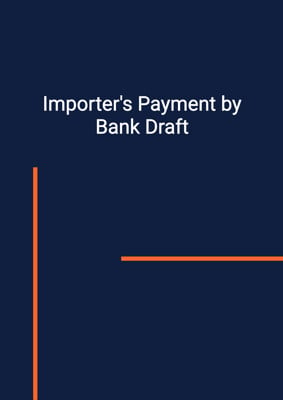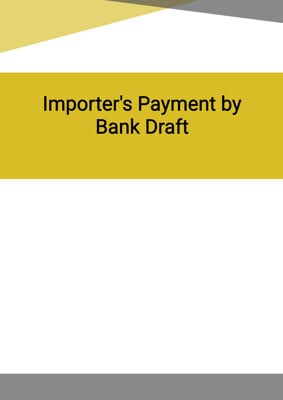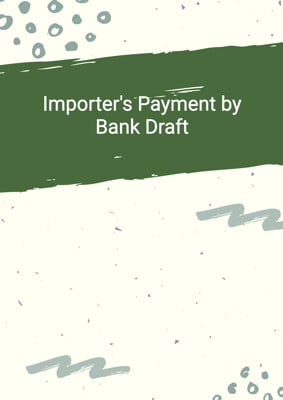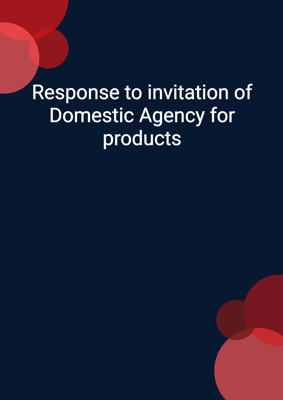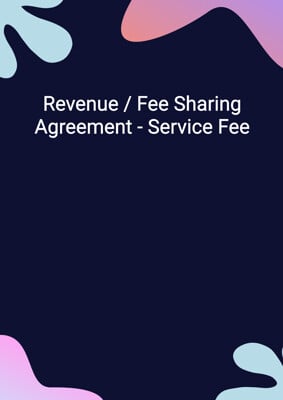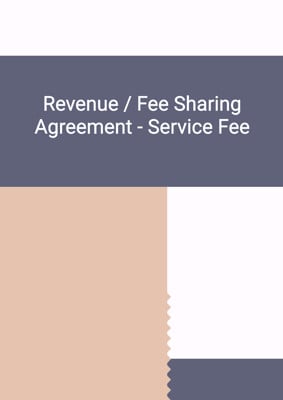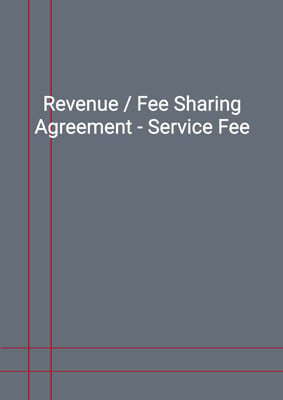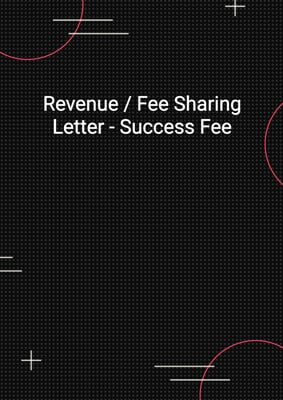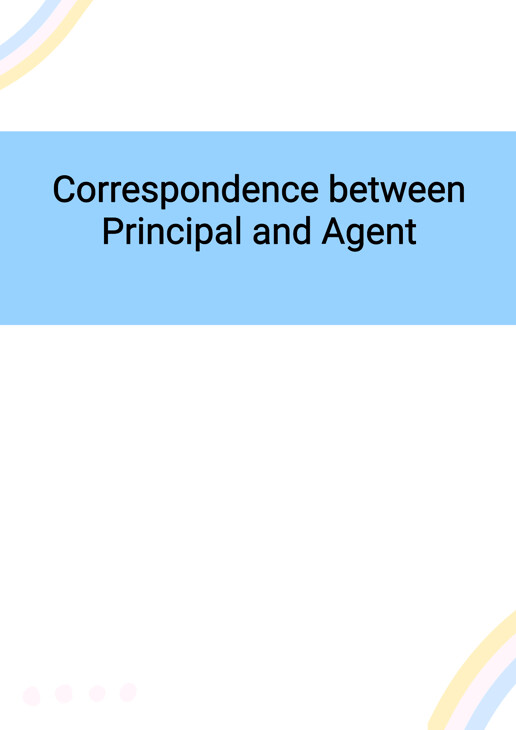
Correspondence between Principal and Agent
Principal Complaining High Expenses
This document can be used as a template for the principal to complain about the high expenses incurred by the agent. It is a letter for principal and it states the concerns of the principal company and requires further explanation of the high expenses.
How to Tailor the Document for Your Need?
01
Create Document
Click "Create Document" button and the document will be prepared with your account details automatically filled in.
02
Fill Information
Please fill in any additional information by following the step-by-step guide on the left hand side of the preview document and click the "Next" button.
03
Get Document
When you are done, click the "Get Document" button and you can download the document in Word or PDF format.
04
Review Document
Please review the document carefully and make any final modifications to ensure that the details are correct before sending to the addressee.
Document Preview
Document Description
The document titled 'Correspondence between Principal and Agent' is a written communication between a principal and an agent. It serves as a means of addressing concerns regarding the high figure included for expenses in the agent's statement of sales. The importance of this document lies in its ability to facilitate open and transparent communication between the principal and agent, allowing them to discuss and resolve any issues related to expenses and future sales.
The entire document consists of a title, content, and a closing. The title clearly indicates the nature of the correspondence, while the content provides specific details about the concern regarding the high expenses. The closing expresses the hope for a satisfactory resolution and the continuation of the business relationship.
The content of the document can be divided into several sections. The first section includes the account information of the sender, including their first name, last name, job title, and address. This information helps identify the sender and establish their authority in the communication.
The second section contains the date of the correspondence, which is important for record-keeping and establishing a timeline of events. The date ensures that the communication is current and relevant.
The third section is the salutation, where the sender addresses the recipient as 'dear sir/madam.' This sets the tone for a formal and respectful conversation.
The fourth section presents the main concern of the sender, which is the high figure included for expenses in the agent's statement of sales. The sender expresses their surprise and questions the validity of the expenses in relation to the volume of business done. They also mention the pressure of competition and the impact it had on the prices offered.
The fifth section requests an explanation from the recipient regarding the high charges and seeks assurance that expenses on future sales can be reduced. The sender emphasizes the importance of this assurance and hints at the possibility of discontinuing the business relationship if the issue is not resolved.
The closing section concludes the document with a polite and formal expression of faithfulness and hope for a positive outcome.
How to use this document?
1. Provide account information: Fill in the sender's account first name, account last name, account job title, and address in the designated fields.
2. Specify the date: Enter the current date in the specified date field to ensure accuracy and relevance.
3. Address the recipient: Begin the correspondence with a formal salutation, addressing the recipient as 'dear sir/madam.'
4. State the concern: Clearly express the concern regarding the high figure included for expenses in the agent's statement of sales. Mention the discrepancy between the expenses and the volume of business done.
5. Highlight the impact of competition: Explain how the prices offered were reduced due to competition, resulting in a small profit margin.
6. Request an explanation and assurance: Ask the recipient to provide an explanation for the high charges and seek assurance that expenses on future sales can be reduced.
7. Express the consequences: Indicate that if the issue is not resolved, there may be a need to discontinue the business relationship.
8. Close politely: Conclude the correspondence with a polite and formal closing, expressing faithfulness and hope for a positive outcome.
Not the right document?
Don’t worry, we have thousands of documents for you to choose from:

